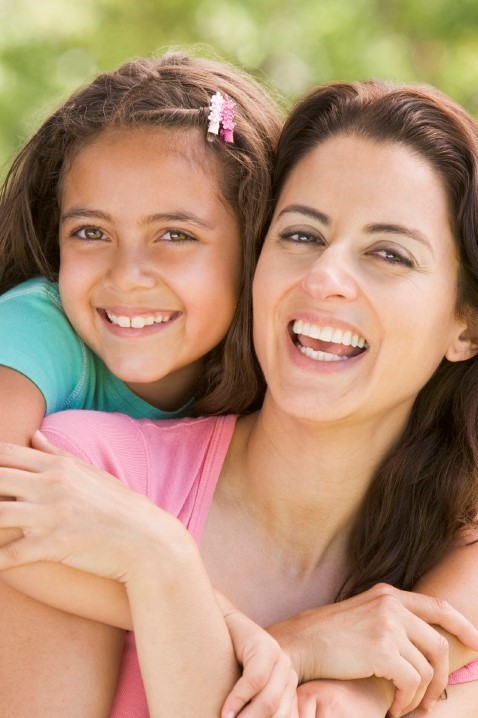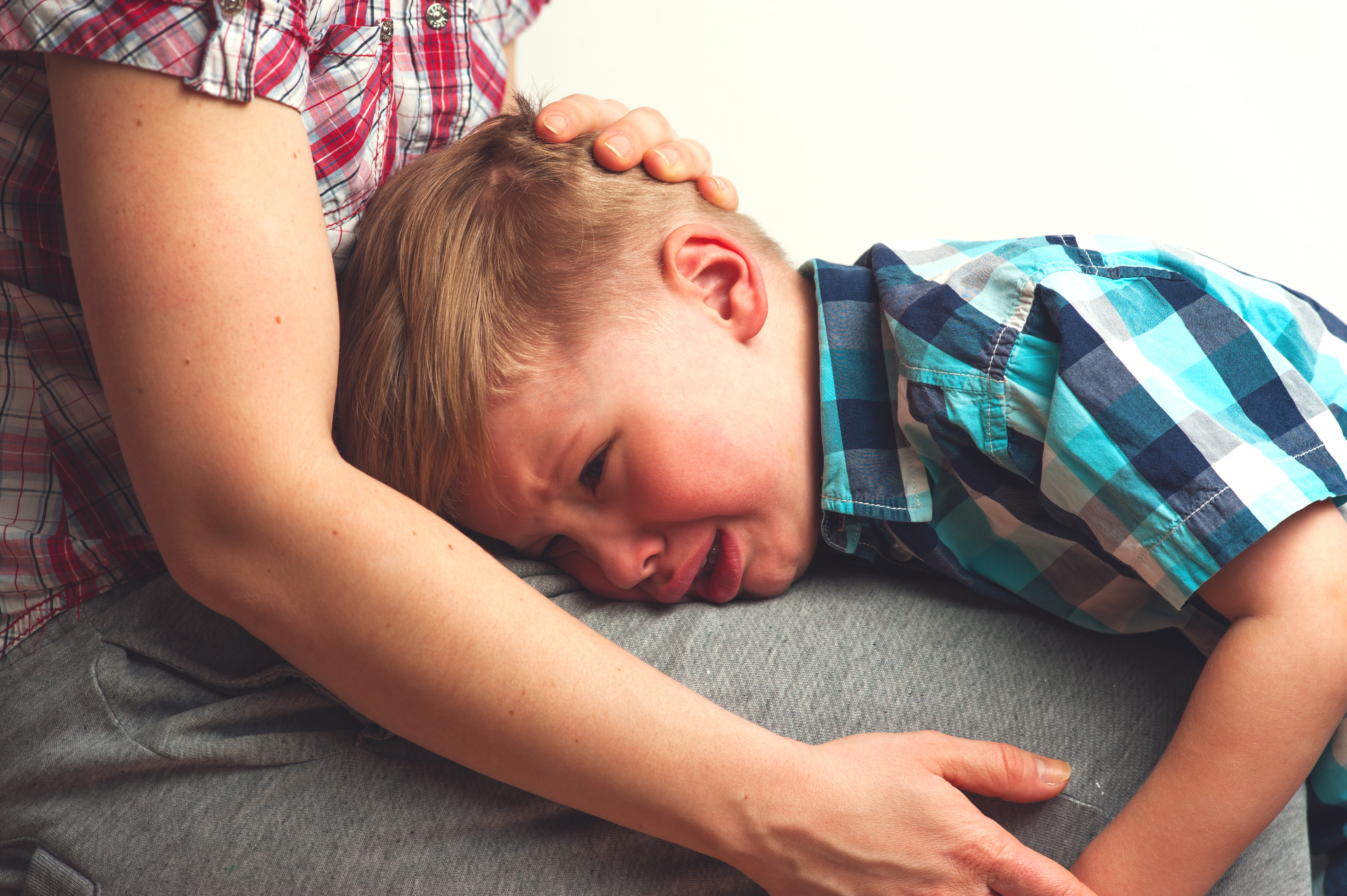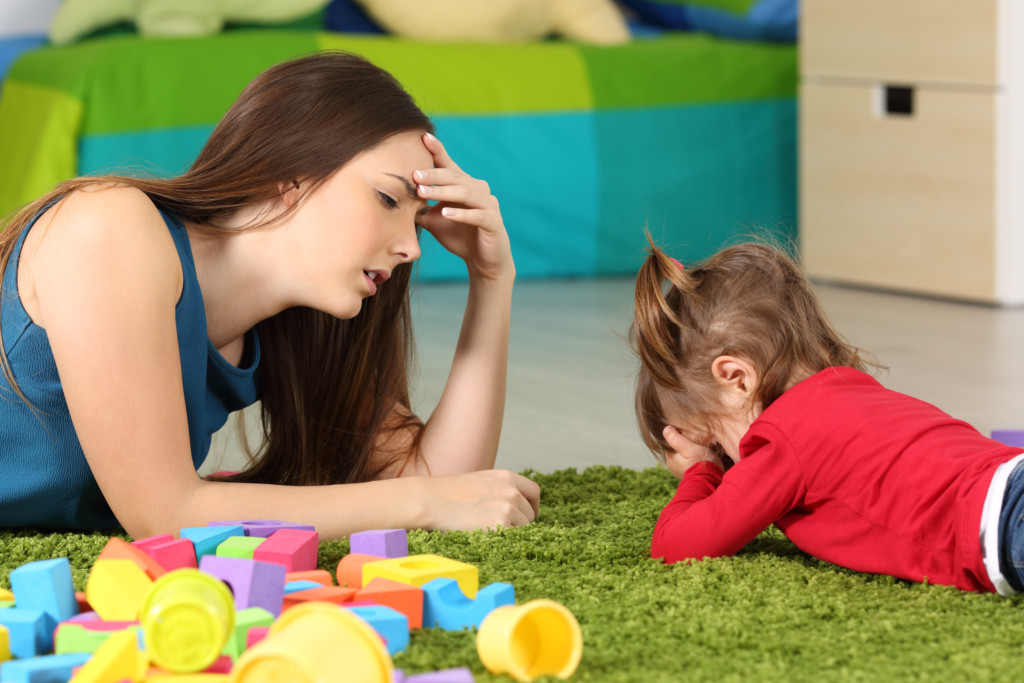 A little melt my heart moment one day that I thought I’d share. We sat at the dinner table to eat. My seventeen year old son looking really sad and disappointed, he apologized for burning the omelette. His twelve year old sister quickly responded “it’s okay, we all learn from our mistakes all the time, I think the food looks great and I really appreciated you making it”.
A little melt my heart moment one day that I thought I’d share. We sat at the dinner table to eat. My seventeen year old son looking really sad and disappointed, he apologized for burning the omelette. His twelve year old sister quickly responded “it’s okay, we all learn from our mistakes all the time, I think the food looks great and I really appreciated you making it”.
Other than the fact that seeing our children being really sweet to each other is always a melt your heart moment, it was a moment for me of being really hit with the impact of how huge, how amazing, how liberating it must be for a child to really believe and feel that it’s okay to make mistakes, and even truly carry the value and the reality that making mistakes is an unavoidable and necessary part of the process of learning and growth.
What happened in your family growing up when you did something wrong? It brought me to reflect back on whether I knew that as a child? Not at all sadly! Could I expect acceptance and support even when I made mistakes? I think the best I could hope for was for my mishap to escape attention, or hopefully there’s a bigger drama taking my parent’s attention. But I certainly didn’t remember receiving any messages of “it’s okay Genevieve, it’s just a mistake, no biggie!” or “it’s okay I’ll help you fix it up”, or “how frustrating when you burn the food after putting so much work into making the meal”, or “I’m not happy that this got broke, it’s going to cost a lot to replace it, but I know it was an accident”, or “I know I got really angry earlier when you threw and broke the ornament, I’m still really disappointed because it meant a lot to me, and I know you’re already be feeling really bad about it. AND I’m even more concerned about what caused you to feel so upset as to do this.” – Not that I ever ever would have had the courage to express my anger so openly.
Showing our child in some way that we still overall hold them in a good light and still care about their feelings even when they’ve done something they know we’re not happy about, or that they feel guilty about, can really help to preserve the child’s dignity and makes it MUCH easier to learn from the situation.
Don’t we all hope that our children will grow up ready to tackle life and give it their all, without needing years and years of therapy and heavy duty self-help work to help them to start to feel like they’re an okay person, an okay person even when conflicts arise or crisis hits. Don’t we hope they grow up to feel truly confident, to stand tall in being their unique self, their sense of confidence and pride balanced with empathy and care for others, their dignity in tact. Don’t we hope they will generally feel good about the person they see in the mirror.
It’s important to let our children know that we love and cherish them. It’s important to give them positive reflections of all the beautiful qualities we see in them, and give them ongoing reflections which help them see that we notice and value their small and big contributions. It’s important they know that our value is based primarily on who they are, rather than what they achieve. And it’s really important that all the beautiful reflections and bonding are not eroded when we’re responding to the things they do and say that don’t make us feel so happy and proud! But how can this be achieved when we know how important it is to give them honest reflections and not neglectfully lead them to believe that they’re perfectly entitled to be rude, aggressive, demanding and insensitive? Surely I’m not suggesting that we shouldn’t ever show our children that we feel stressed, annoyed, frustrated, angry, disappointed, sad about what they do? No, of course not, we are all mirrors to each other in the family.
What’s important is that when we mirror to our children that we’re very frustrated about her pulling the wallpaper off the wall or hitting their sibling that we mirror back, not just that it’s not okay to do that and why, but that what they just did doesn’t diminish our view of them or our overall love for them. We’re not happy about it AND we still see them to be a good person, we still love them and care about them, and we care about what they were feeling when they do these things that we struggle to accept.
Imagine children growing up right from the get-go with the feeling that it’s okay to make mistakes, the feeling that “I’m an okay person when I make a mistake, even big mistakes, even when I get angry”. Not just burning the food but when my words or actions result in somebody else being really upset and upset because of me. Am I still an okay person then, can the relationship survive, am I still lovable, still entitled to feel like an okay person??
I’ve been committed and always will be, to showing my children that I can keep my heart open to them no matter what happens, even when it’s really hard to do, even when I’ve been triggered and it takes all I’ve got to return back to a place where I can own my own pain and show them that I care about *their* pain. I think Marilyn Monroe was unknowingly speaking for everyone when she said “If you can’t handle me at my worst, then you sure as hell don’t deserve me at my best.” How can we expect our children to not carry huge shame relating to anger and rage and disappointment and grief and overwhelm if their own parent shows them that they can’t bear to be in the same room as them, can’t bear to look at them let alone care for them at these times.
Your commitment to non-punitive peaceful parenting, to learning and using fantastic empathy based communication skills in your family now and your commitment to healing and changing childhood pattersn gives your child the gift and freedom of overall feeling at peace in their minds and hearts and being able to easily return to feeling at peace in their minds and hearts when tensions, challenges and conflicts arise.
For me, it was the realization at age 17 that I pretty much had NO peace of mind, that it was a horrible scary and yucky mess in my head and my emotions that started me on my path. It was the inspiration that maybe it’s possible to not just aim to *appear* to be at peace, but to actually live with that feeling of *being* at peace with myself that gave me the inspiration to start looking inside and finding the courage to feel what felt too hard to feel and start sharing what felt too hard to share. I knew the violence of my chidhood had impacted me somewhat, but ittle did I know what I would have to face and overcome to claim that place of freedom, that place of peace. Once I got the feeling for it, it was like my pot of gold at the end of the rainbow, I was willing to do whatever it took to get there.
When I was pregnant with my first child, I was determined to not project onto him that which had been projected on to me, not any of it. I had this strong sense of his beauty and innocence and was determined not to turn him against himself by rejecting or shaming him. It was the book the Continuum Concept by Jean Liedloff, although I didn’t agree with everything I read, that gave me the vision and inspiration that it’s possible and it was the Aware Baby by Aletha Solter that gave me the reassurance that whatever trauma and ruptures that might or would inevitably be created could be healed, that he, that every child, had an instinctive ability to offload and resolve anything heavy that was put upon him if I could just maintain my awareness of that process and allow and care for him as he healed and returned made his way back to being at peace again.
My oldest is 16 now and there have been a LOT of challenges and traumas along the way and I’m still very attentive and working hard on this and do worry not because I’m hard on myself but because I’m committed to helping them be themselves, but my kid’s seem to be loving life and overall shining bright, so we’re doing it, together.
Well this was intended to be a post that took me 2 minutes to write about a moment at the kitchen table, but one thought led to another as they do and I hope there’s something in here that resonates with some of you brave souls out there. ~ Genevieve









Thank you for the article. I also must mention that we are as parents, especially parents, who put pressure on themselves to do better forget that we are also real people. I found the greatest thing for my daughter, who probably already surpassed me in her emotional and spiritual development, the greatest thing to stay real, not ideal parent. Ideal parent is not here, she is always somewhere else in her imaginary world of shoulds and musts. When things are happening for me and my daughter simultaneously I must take start with myself and take care of me first. Self-compassion creates healing space and when my daughter see me modelling self-care and my ok-ness with my own emotional meltdowns, she relaxes about hers. After all its not realistic to hope that they ever go away. They might, but it wasn’t my experience. Especially if we constantly expanding our boundaries and growing. Life is unpredictable, unlimited and sometimes full on. I am for guilt free real parenting, accepting emotions as part of real life parenting. Lets not beat ourselves up just because we didn’t “achieve” peace.
I don’t know whether it’s just me or if everybody else experiencing issues with your website. It seems like some of the written text in your posts are running off the screen. Can somebody else please comment and let me know if this is happening to them as well? This might be a problem with my web browser because I’ve had this happen previously. Thanks
This is a fascinating piece Genevieve. We just conducted an interview with Dr Laura Markham of Aha! Parenting on children’s communication skills and she said good communication is about expressing your needs assertively without being aggressive. So many of us parents have been taught communication is about domination- speaking rather than listening, making children conform to your demands etc… your daughther’s words are a beacon of hope that the next generation will be a little bit closer to getting things “right”.
FYI You can check out that interview here: http://www.publicspeakingforkids.org/blogs/public-speaking/9538605-an-interview-with-dr-laura-markham-of-aha-parenting
Hey there! Do you use Twitter? I’d like to follow you if that would be okay.
I’m definitely enjoying your blog and look forward to new updates.
[…] with more clarity and insight. For adults or children, feeling heard and understood helps us come back to peace with ourselves and gives us more strength to tackle our problems. The more a child feels heard, the better they […]